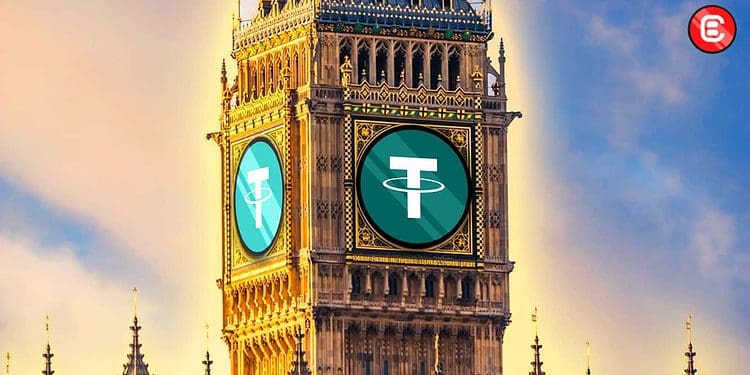The UK isn’t known as the most crypto-friendly jurisdiction.
It has a history of banning derivatives and leverage trading, as well as blocking FIAT gateways to exchanges like Binance.
However, it has now made a 180 degree turn on its crypto stance, with plans to make the UK a global crypto-asset technology hub.
Bullish!
Bullish?
Looks may deceive.
Let’s dive in.
TLDR
- Stablecoins recognized as form of payment
- Sandbox to accelerate UK innovation
- UK Royal Mint NFT drop in July
In a bid to put the UK financial services industry at the forefront of technology and innovation, attract investment and jobs and widen consumer choice, the UK government, and Chancellor of the Exchequer, Rishi Sunak, are setting out to make the UK a global hub for crypto-asset technology.
In an official announcement published on 4 April 2022, the UK government outlined its plans for the first part of a series of measures to do so, which include:
- Regulating stablecoins to make them a recognized form of payment in the UK
- Creating a ‘financial market infrastructure sandbox’ – an FCA-led ‘CryptoSprint’ to enable firms to experiment and innovate
- Creating a Crypto-asset Engagement Group to work more closely with the industry
- Exploring ways of enhancing the competitiveness of the UK tax system to encourage further development of the crypto asset market
- Working with the Royal Mint on a Non-Fungible Token (NFT) this summer as an emblem of the forward-looking approach the UK is determined to take
Rishi Sunak stated:
“It’s my ambition to make the UK a global hub for crypto-asset technology” and “We want to see the businesses of tomorrow – and the jobs they create – here in the UK”.
So, the UK is putting stablecoins within the payments regulatory perimeter in order to create conditions for issuers and service providers to safely and securely operate and invest. But, it wasn’t long ago that Rishi Sunak commented on the dreaded CBDCs that people believe will suppress financial freedom. Could the current move be a prelude?
In the announcement, it was stated that:
“By recognizing the potential of this technology and regulating it now, the government can ensure financial stability and high regulatory standards so that these new technologies can ultimately be used both reliably and safely.”
But there is a twist here.
The UK is also looking at alternative use cases for blockchain tech, like using it for sovereign debt instruments. Let’s take a look.
The road ahead
On 4th of April 2022, John Glen, the Economic Secretary to the Treasury, stepping in for an absent Rishi Sunak, announced his speech at the “Innovate Finance Global Finance Summit:
that the UK will proactively explore the potentially transformative benefits of Distributed Ledger Technology (DLT) in UK financial markets, stating:
“Never in the history of commerce has there been an invention as hyped and misunderstood as distributed ledger technology and blockchain.”
He went on to say:
“If crypto technologies are going to be a big part of the future, then we the UK want to be in and in on the ground floor. In fact, if we commit now, if we act now, we can lead the way.”
The UK will be creating a financial market infrastructure (FMI) Sandbox to enable firms to experiment and innovate, in providing the infrastructure services that underpin markets, in particular by enabling Distributed Ledger Technology to be tested.
A research program will also be created to explore the feasibility and potential benefits of using DLT for sovereign debt instruments.
Further along the roadmap:
- The UK government will explore ways of enhancing the competitiveness of the UK tax system to encourage further development of the crypto-asset market in the UK. It will review how DeFi loans are treated for tax purposes. The government will also consult on extending the scope of the Investment Manager Exemption to include crypto assets.
- The Chancellor has commissioned the Royal Mint to create a Non-Fungible Token this summer.
- The Financial Conduct Authority will hold a two day ‘CryptoSprint’ in May with industry participants, seeking views directly from industry on key issues relating to the development of a future crypto-asset regime.
- The Economic Secretary will establish and chair a Crypto-asset Engagement Group, convening key figures from the regulatory authorities and industry to advise the government on issues facing the crypto-asset sector.
Banter’s take
Governments will be going back and forth on their stance on crypto for a while. This is not the beginning, nor the end to the see-saw of sentiment.
This is a bullish move for the UK crypto industry and also the global one. But we still need to observe and watch closely, as the finer print could determine a completely different, bearish, path for the markets.
At least, for now, it seems that the UK government is heading in the right direction.






